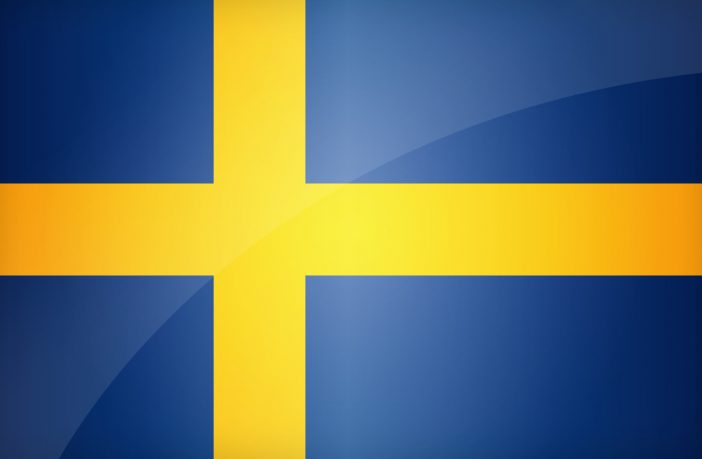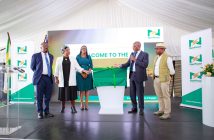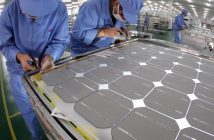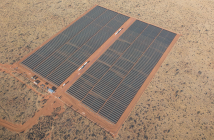- The Swedish International Development Cooperation Agency (Sida) has confirmed its expansion project of $50 million into the regions of Burkina Faso, Liberia and Mozambique.
- This comes on the back of a successful programme in Zambia.
Following the success of Sweden’s investment in small-scale energy services in Zambia, the project expansion will give between five and 15 million people in rural and slum areas access to electricity, according to a Sida statement.
“Electricity is a prerequisite for people to lift themselves out of poverty,” says Carin Jämtin, Director General of the Swedish International Development Cooperation Agency (Sida).
Carin added that by leapfrogging the national electricity grid and promoting innovative off-grid solutions, we make it easier to study after dark, charge mobile phones and computers, and keep food chilled. Electricity also creates jobs by improving the conditions to run shops and other businesses.
Due to various factors impeding access to the national grid, Sida is focusing on small-scale solutions for energy production. A common solution is solar home systems that are bought on a rent-to-own basis. The customer pays a monthly fee until the system has been paid off. Payments are typically made by mobile money.
“Large parts of Africa skipped landline telephony in favour of cellular networks,” says Anders Arvidson, project leader at Sida.
Arvidson added: “Now we do the same in the energy sector. Through solar home systems or micro grids for villages, millions of people can get access to electricity that otherwise would have been left unconnected in the foreseeable future.”
The Beyond the Grid Fund for Africa (BGFA) is a programme that extends over five years, $10 million per year, a total of $50 million.The concept evolves around procurement.
Energy service companies submit tenders presenting their business models, how many people they want to reach and the end price for the consumer. The contracts are awarded to the companies that have the best and most sustainable business models in the long term – when the contribution from Sida has ended.
The BGFA contracts cover some of the costs for the implementation of the services, but most of the investments are made by the companies and external investors. The total value of the extended energy access is estimated to $400 million, four times more than Sida’s contribution.
The model for the programme is the Beyond the Grid Fund for Zambia (BGFZ), which is now halfway through its five-year project period.
The goal of electrifying 1 million people is expected to be exceeded by far. So far, 450,000 people have gained access to electricity, which is twice as many as planned at this point in time. When the project ends in 2021, 1.6 million Zambians are expected to have gained access to affordable and sustainable electricity for the first time.
“BGFZ has really exceeded our expectations. We have proved that small-scale energy solutions can generate large-scale effects. But despite the large numbers, it is meeting with those who have gained access to electricity that is most inspiring. Electricity changes people’s lives in a way that can be difficult for us living in Sweden to understand,” says Arvidson.
Author: GBA News Desk/ESI-Africa Contributor
This article was originally published on ESI Africa and is republished with permission with minor editorial changes.











